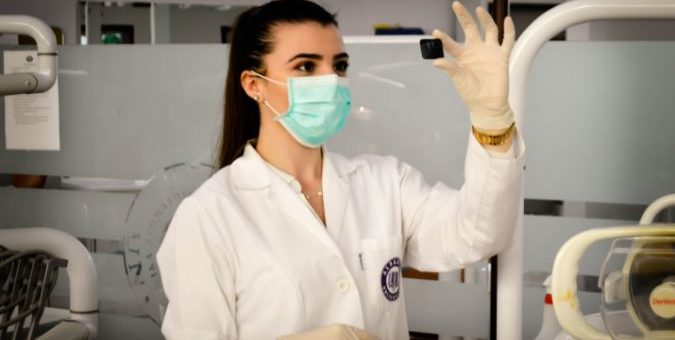
Although 77% of the NHS workforce and 82% of the social care workforce are now women, historically the medical profession was entirely male. This means current medical knowledge is based on a system designed by men, for men. The government are looking for feedback from women on how to create a new health strategy that corrects these problems, and you can have a say.
Better for Women Report
The Royal College of Obstetricians & Gynecologists published their ‘Better for Women‘ report in December 2019, which identified some of the healthcare inequalities faced by women.
The report’s primary recommendation was the creation of a ‘National Women’s Health Strategy that adopts a life course approach to women’s health’. We are pleased that the government has listened and now announced plans to develop the first ever Women’s Health Strategy.
Call for Evidence
The government’s call for evidence to inform this seeks views on 6 core themes that connect different areas of women’s health across the course of their life:
- Placing women’s voices at the centre of their health and care
Women can face damaging taboos about their health and may find it difficult to speak out. Historically, women also haven’t felt listened to when they do raise concerns. Statistics show that women generally need to visit their GP more than men to get a specialist referral, for example.
- Improving the quality and accessibility of information and education on women’s health
Many women struggle to access reliable information about women’s health. There can be poor awareness and understanding of concerning symptoms and what is considered normal, even amongst healthcare professionals. The average diagnosis time for endometriosis, for example, is 7 to 8 years, as sadly many women think or are wrongly told that their debilitating symptoms are normal.
- Ensuring the health and care system understands and is responsive to women’s health and care needs across the life course
A life course approach means understanding women’s changing health needs across their lives and how specific life events, like pregnancy or the menopause, can influence future health. The focus is on helping women improve their health later in life. There is evidence that women who have high blood pressure during pregnancy are at greater risk of heart attack and stroke in the future, for example. A life course approach means taking preventative action in response to this kind of evidence.
- Maximising women’s health in the workplace
Female-specific health conditions such as menstrual bleeding, pregnancy-related issues and the menopause are known to affect women’s workforce participation. Sadly, these issues are often still taboo in the workplace, particularly incontinence following pregnancy. There isn’t as much evidence on how other health conditions affect women in the workplace. However, we know that some conditions which lead to sickness absence are more prevalent in women, such as mental health and musculoskeletal conditions. Long Covid is also thought to be more prevalent in women than men.
- Ensuring research, evidence and data support improvements in women’s health
One of the biggest challenges in women’s healthcare is how underrepresented women are in medical research, particularly ethnic minority, disabled and LGBT+ women. The dangers of this are well put by journalist Caroline Criado Perez, whose book Invisible Women discusses the consequences of data bias against women in a world designed for men: “the menstrual cycle doesn’t cease to exist because you don’t test it, it just means that you won’t know what the effects are before we use whatever it is you are testing.”
- Understanding and responding to the impacts of COVID-19 on women’s health
Finally, the consultation wants to understand more about the impacts of COVID-19 on women’s health. There is already evidence that the gender gap in childcare has increased over the pandemic. There are also concerns about the impact of restricting support from birthing partners at the start of the pandemic. Although the guidance has now been updated to allow women support from one person at all stages of pregnancy, many women will have been affected by the restrictions when they still were in place.
How to Participate
The Department of Health and Social Care is currently calling for submissions which can be completed here. We would urge any woman who has received NHS care and has relevant feedback about this to make a submission. Responses are also welcome from individuals or organisations who have expertise in women’s health, such as researchers and third-sector organisations. This is the first important step towards ensuring that the future of healthcare is #betterforwomen – it’s time our voices were heard.


















